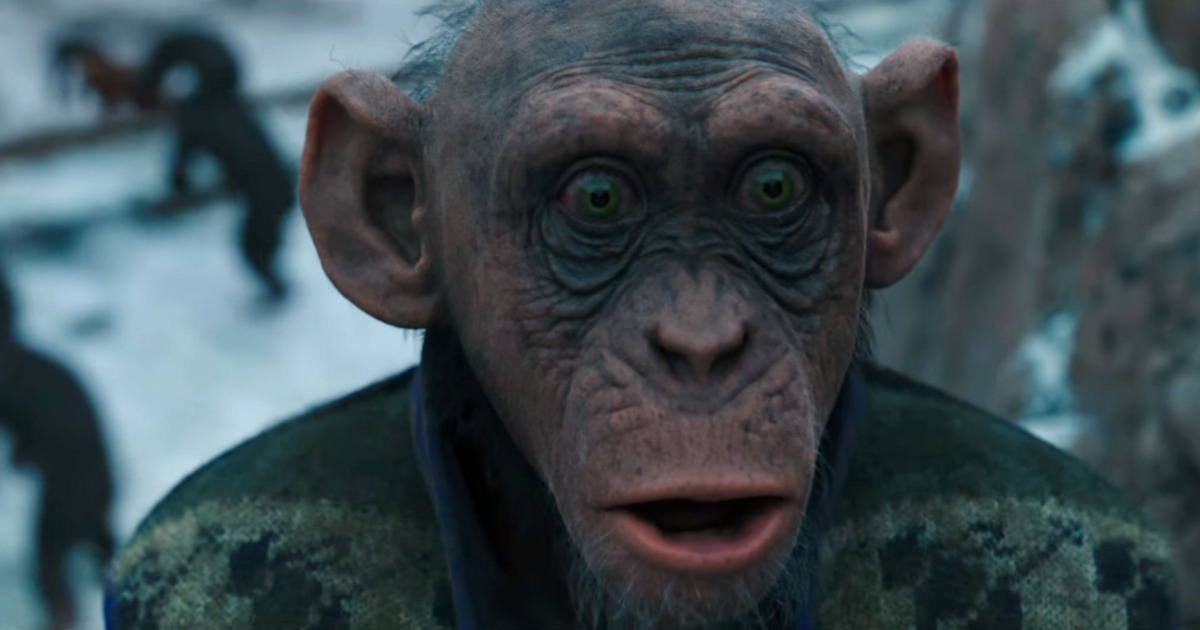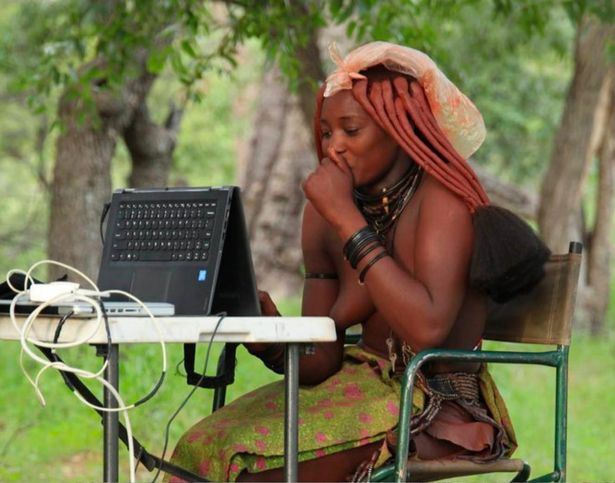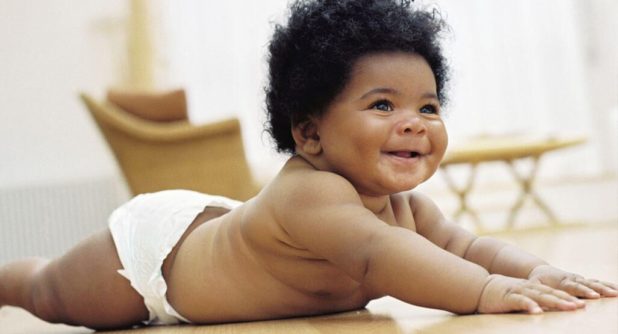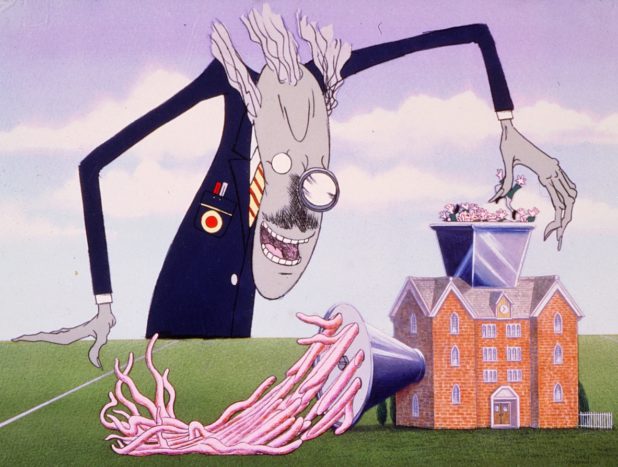Pomidor Quixote
Daily Stormer
October 19, 2019
Actual picture used by one of the study’s authors.
Every human is the same, so any human with any skin color can accurately represent the Human Race.
Monkeys have shown that they’re better than humans at ‘thinking outside the box.’
Julia Watzek, a graduate student in psychology at Georgia State University, set up a test involving a problem-solving video game and invited human volunteers and a few selected capuchin and rhesus macaque monkeys to play it.
Julia Watzek has this tweet pinned on her Twitter:
https://twitter.com/watzoever/status/1172474310776250369
Is she saying that those four monkeys beat humans in the study or is she implying that the African female monkey is the human beaten by the monkeys?
I can see capuchin and rhesus monkeys beating the African black female monkey, so maybe Julia Watzek is really presenting that female as “human.”
This opens up the deeper question of “what is human though?” Is proximity to the human form enough to make a creature “human”?
Is a human-looking animal with the brain of a chimp “human” because it looks human?
The simple game involved recognising geometric shapes, whereby when a player clicked a striped square and then a spotted square, the game would display a blue triangle.
Clicking the blue triangle resulted in a ‘win’ – humans got a simple audio “cheer”, while the monkeys got a little banana-flavoured sweet.
Once the players had got used to the game, the experimenters varied the playing conditions. They would pop up a blue triangle at the beginning of the game – before anyone had clicked any squares.
Most of the monkeys took advantage of the new rules straight away, with 70% of the monkeys going for the blue triangle as soon as they saw it.
Maybe the monkeys never understood the rules, so they were never really following any rules. Maybe that’s why they are monkeys and live like monkeys, while humans able to understand and follow rules are able to build complex rule-constructs and establish societies and civilizations.
Or maybe those monkeys are really smarter than that black female from the picture. It all depends on whether or not the study’s authors used blacks as the “human” group.
Meanwhile, nearly all of the humans stuck doggedly to the original rules and ignored the “free gift” blue triangle. Only one human trial subject out of 56 took advantage of the new conditions.
“I am really surprised that the humans, a sizeable portion … just keep using the same strategy,” Julia told Live Science .
These are supposed to be scientists doing research on intelligence, yet they speak of “humans” as if all groups of people were the same.
Well, this is embarrassing: Monkeys exhibit greater cognitive flexibility to solve problems compared to humans @watzoever https://t.co/O4y4tPVJ2b
— Dr Susan Maury – @SusanMaury@fediscience.org (@SusanMaury) October 15, 2019
https://twitter.com/watzoever/status/1184959872036675586
They throw the words “humans” and “we” around as if differences in IQ and creativity and good-will didn’t exist, as if there were no differences in proclivity to violence, as if everyone were the same as everyone else except for “cosmetic” differences.
In a further experiment, the same human guinea-pigs were shown a video of someone else using the shortcut and were told not to be afraid “to try something new.”
Even then, about 30% of participants stuck with the original “two squares first” method.
Julia said that perhaps our education system, which focuses on memorising facts rather than encouraging improvisation, might be the issue: “To set ourselves up for good decision-making, sometimes that means changing available options.
Who designed our education system and what are their objectives? What is the stated goal of our education system and what are the actual effects accomplished by it?
Why are kids sitting around all day doing inconsequent busy work?
What are recesses?



